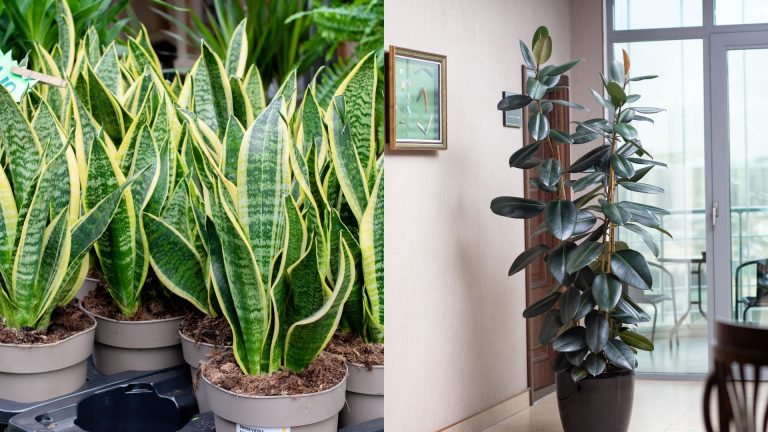10 Features You Might Not Be Allowed To Have In Your Idaho Yard Anymore
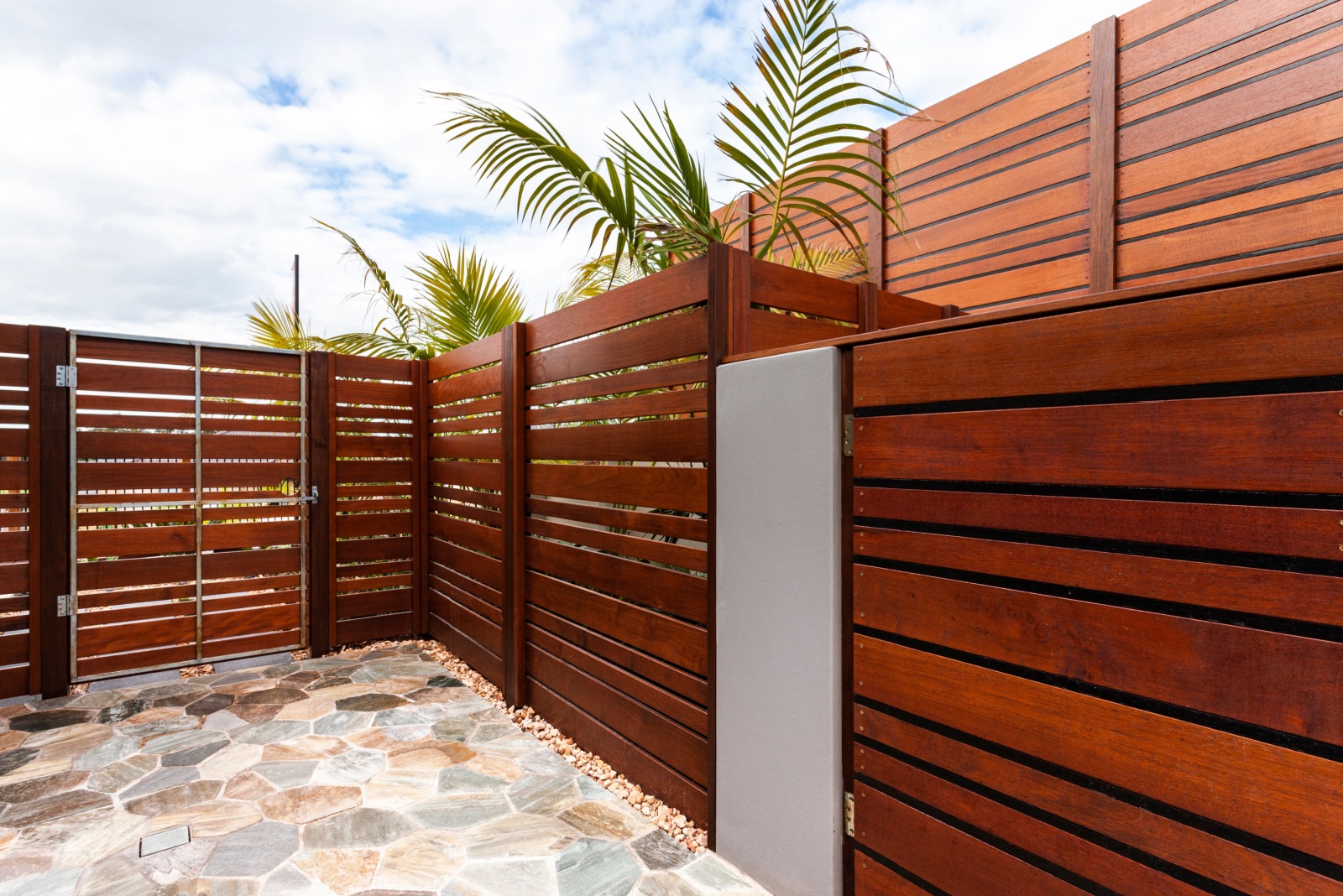
Idaho homeowners are facing new rules that could change how their yards look. Local governments and homeowner associations are cracking down on certain outdoor features that were once totally fine.
Remember, knowing these restrictions can save you from fines and help you keep your property in good standing with your community.
1. Backyard Chickens And Poultry Coops
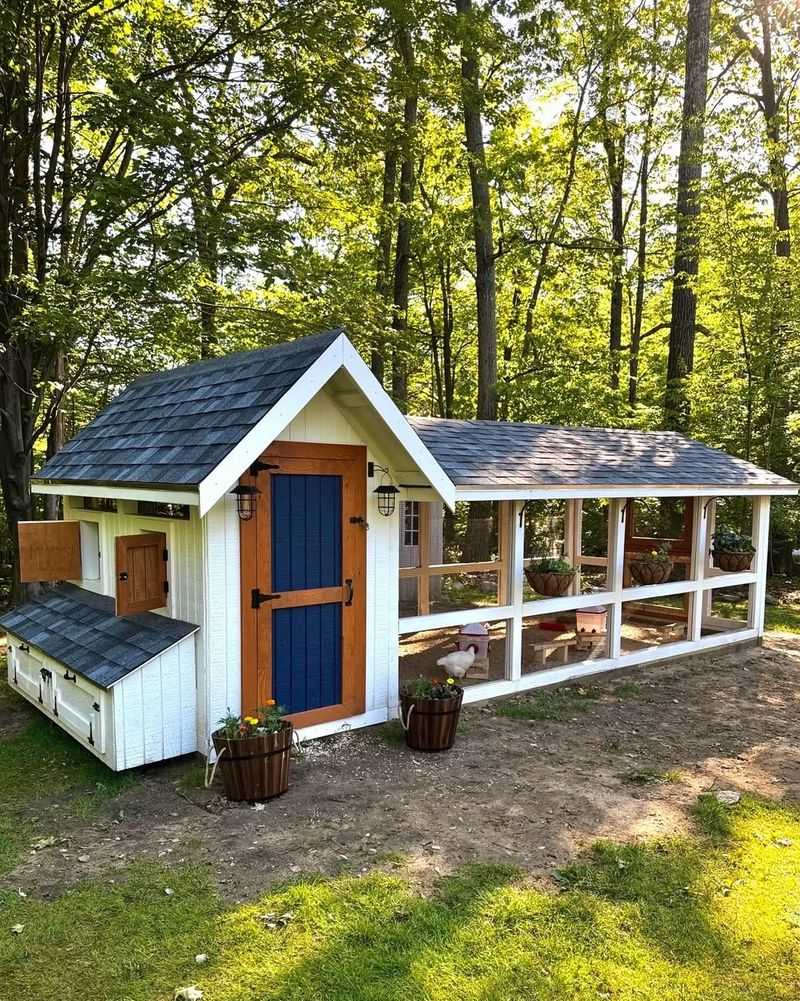
Many Idaho cities are tightening rules about keeping chickens at home. What used to be a popular way to get fresh eggs is now restricted in several neighborhoods.
Some areas limit the number of birds you can own, while others ban roosters completely because of noise complaints. Before building that dream coop, check with your city hall.
Violations can lead to hefty fines or removal orders. Your neighbors might also file complaints if they find the smell or sounds bothersome, making this hobby trickier than ever.
2. Tall Privacy Fences Over Six Feet
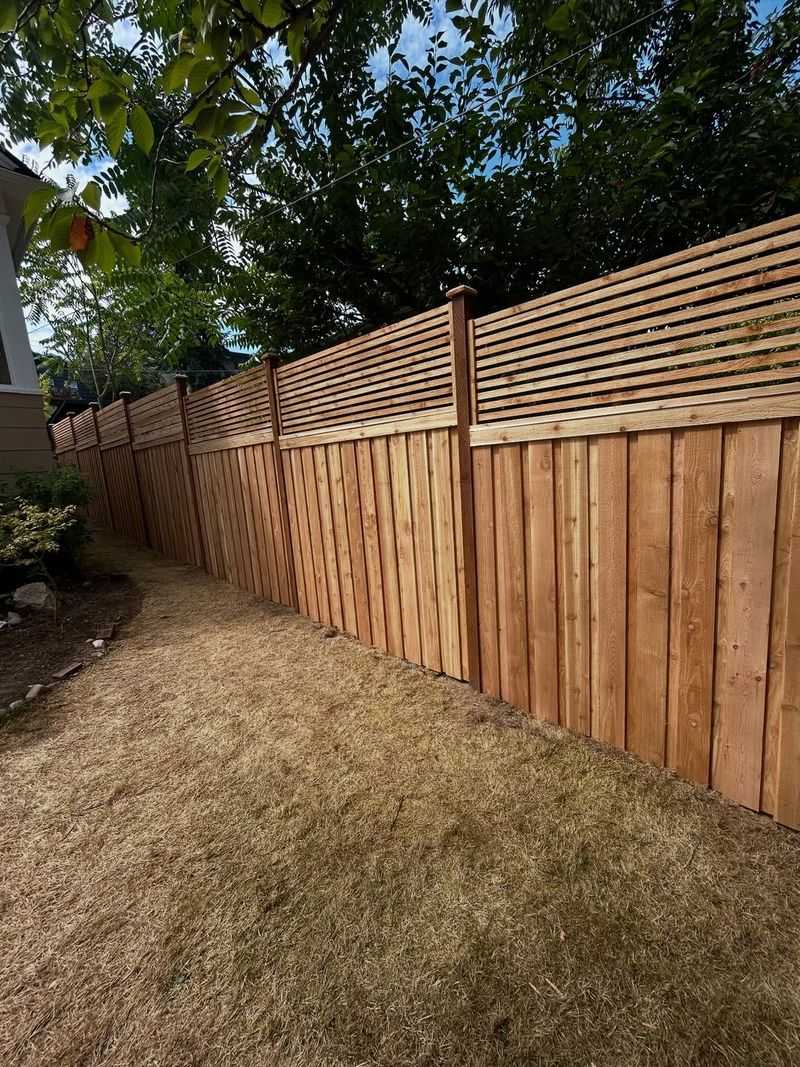
Building a super tall fence might seem like a great privacy solution, but many Idaho communities now restrict fence height. Most neighborhoods cap fences at six feet in backyards and even shorter in front yards.
The reasoning centers on maintaining neighborhood aesthetics and preventing blocked views. Cities worry that towering fences create an unwelcoming fortress-like appearance that hurts property values.
Always grab a permit before construction starts. Installing an oversized fence without approval could mean tearing it down and starting over at your own expense.
3. Permanent RV Or Camper Parking
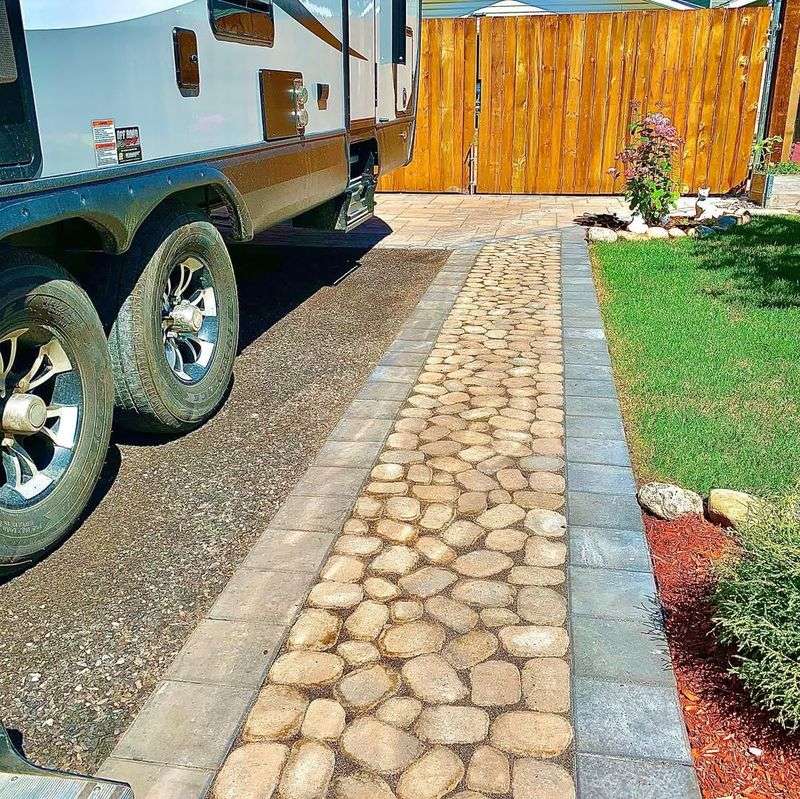
Parking your recreational vehicle in the driveway year-round is becoming less acceptable in Idaho suburbs. New ordinances target RVs, campers, and trailers that sit unused for long periods.
Communities argue these large vehicles create visual clutter and lower curb appeal. Some cities allow short-term parking for loading and unloading but require storage facilities otherwise.
Enforcement varies by location, with some areas offering grace periods while others issue immediate citations. Renting a storage space might be your best bet to avoid neighborhood tension and legal headaches down the road.
4. Clotheslines And Outdoor Drying Racks
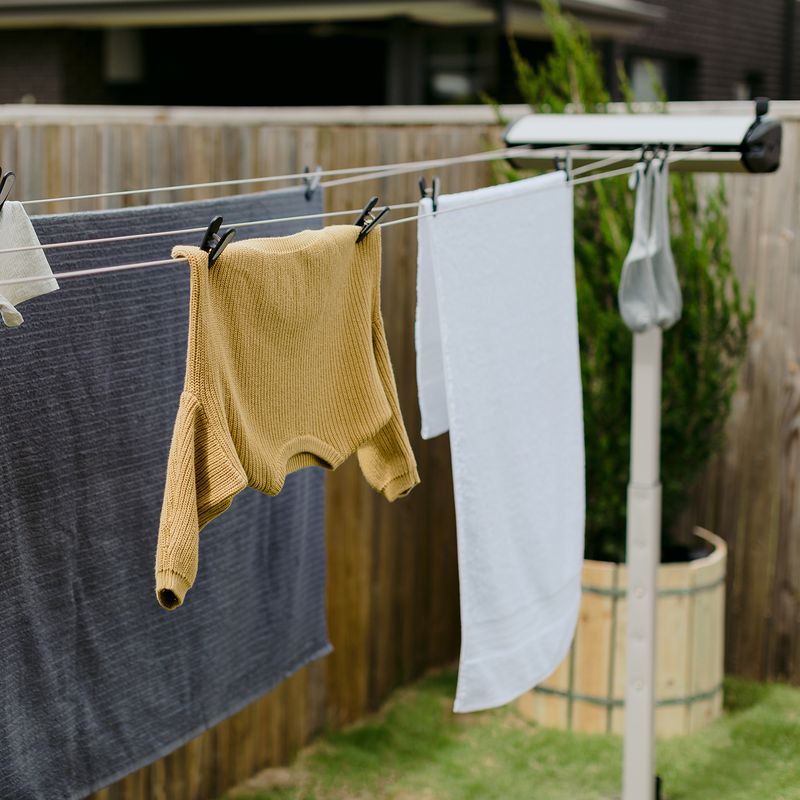
Hanging laundry outside to dry is an eco-friendly practice, but some Idaho homeowner associations are banning visible clotheslines. They consider them unsightly and old-fashioned, preferring a more polished neighborhood appearance.
While state laws sometimes protect your right to solar dry, local HOA rules can still impose restrictions on placement and visibility. You might need approval for specific locations or retractable designs.
Check your HOA covenant carefully before stringing up that line. Ignoring these rules could result in warnings, fines, or forced removal of your drying setup.
5. Unpermitted Sheds And Storage Buildings
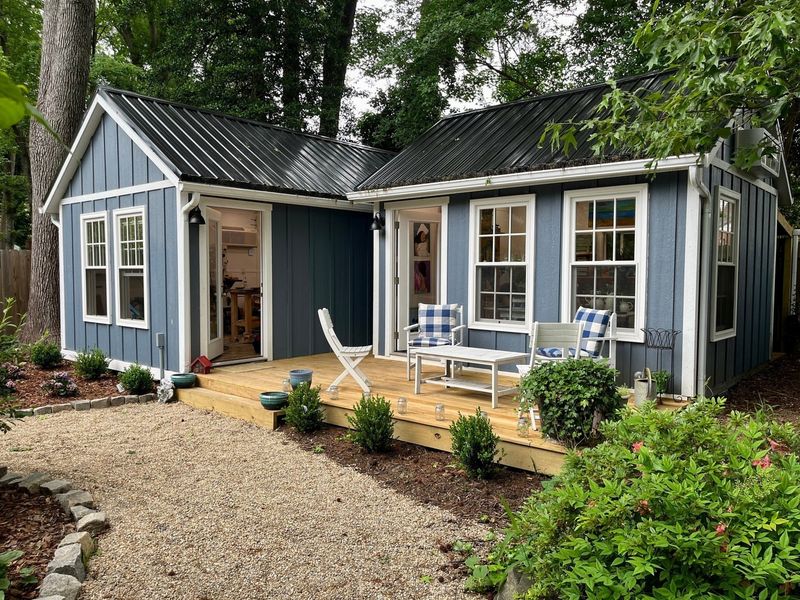
Adding extra storage seems harmless, but Idaho municipalities increasingly require permits for sheds and outbuildings. Size, placement, and materials all factor into whether you need official approval.
Structures over a certain square footage typically need inspections to ensure they meet safety codes. Setback requirements keep buildings away from property lines, preventing disputes with neighbors.
Skipping the permit process might save time initially, but inspectors can order unpermitted structures removed entirely. Always contact your local building department before breaking ground on any storage project, no matter how small it seems.
6. Front Yard Vegetable Gardens

Growing tomatoes and lettuce in your front yard sounds productive, but some Idaho communities are pushing back. Ordinances in certain cities require front yards to maintain traditional landscaping with grass and ornamental plants.
Officials worry that vegetable gardens look messy and hurt neighborhood uniformity. However, pushback from gardening advocates has led some areas to relax these rules slightly.
Before planting, research your local codes and HOA guidelines. You might find compromise solutions like decorative edible landscaping that satisfies both your harvest goals and community standards beautifully.
7. Fire Pits And Outdoor Burning Areas
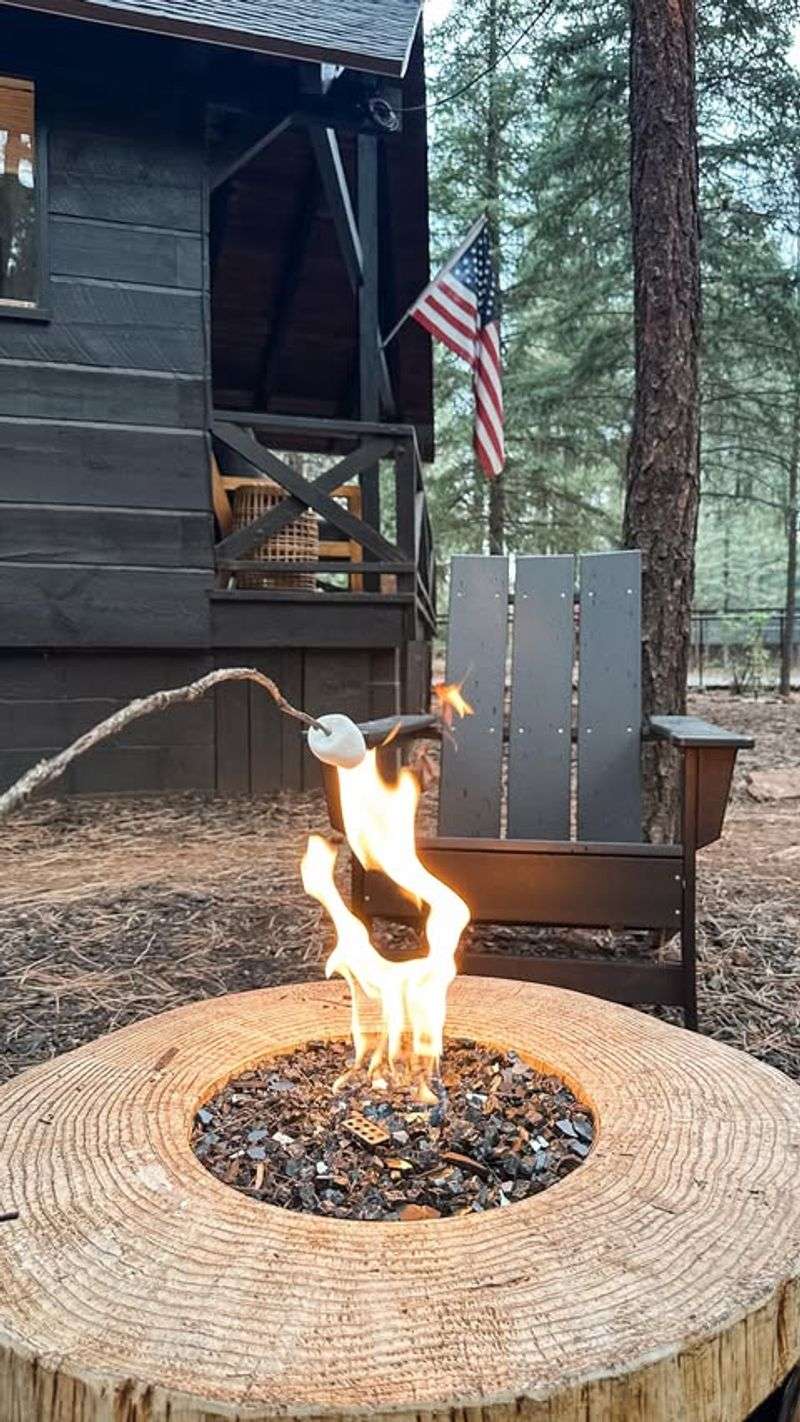
Cozy evenings around a backyard fire pit are getting harder to enjoy in Idaho. Stricter air quality regulations and fire safety concerns have led many cities to limit or ban recreational outdoor burning.
Smoke complaints from neighbors can trigger enforcement actions, especially during dry seasons when fire danger runs high. Some areas permit only gas-powered fire features rather than wood-burning options.
Always check current burn bans and local ordinances before lighting up. What worked last summer might be prohibited this year, and violations can bring serious fines during fire season.
8. Decorative Lawn Ornaments And Statues

Your collection of garden gnomes or pink flamingos might violate neighborhood standards. Idaho HOAs are cracking down on lawn decorations they deem tacky or excessive, aiming for uniform curb appeal.
Restrictions often limit the size, number, and type of ornaments allowed. Holiday decorations usually get temporary exceptions, but year-round displays face stricter scrutiny from association boards.
Review your HOA rules before decorating outdoors. What you find charming, your association might find problematic, leading to removal demands and potential fines for non-compliance with community aesthetic standards.
9. Artificial Turf And Synthetic Grass
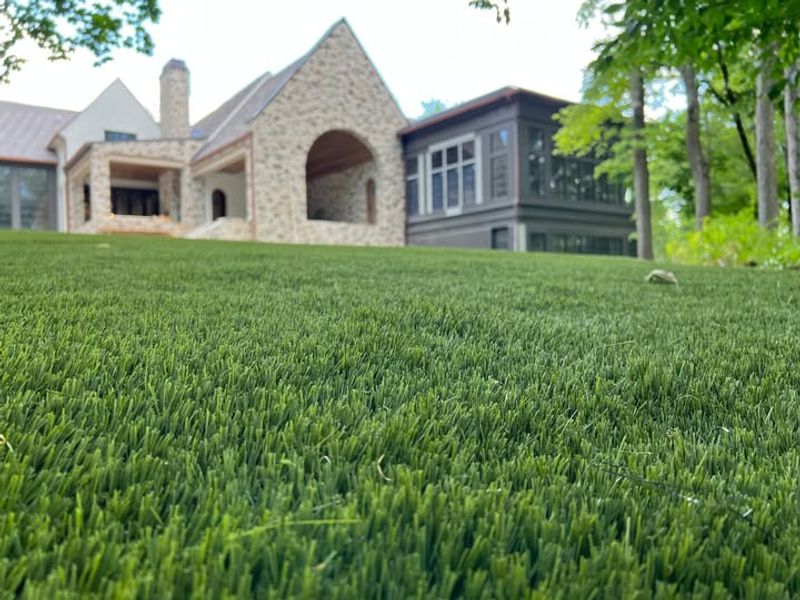
Fake grass saves water and maintenance time, but some Idaho neighborhoods are banning it outright. Critics argue synthetic lawns look unnatural and harm the environment despite water conservation benefits.
Concerns include heat retention, microplastic pollution, and negative impacts on local wildlife. Some communities permit artificial turf only in backyards where visibility is limited from the street.
If you are considering this option, verify local regulations first. Installation costs are high, and being forced to remove synthetic grass after installation would be an expensive and frustrating mistake to make.
10. Unregistered Or Inoperable Vehicles
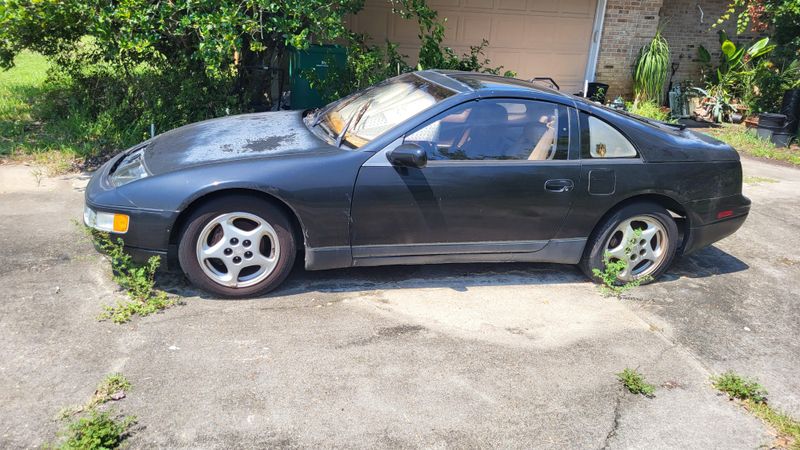
That project car sitting on blocks in your driveway could land you in trouble. Idaho cities are enforcing stricter rules about storing vehicles that do not run or lack current registration on residential property.
Neighbors often complain these vehicles create eyesores and attract pests. Ordinances typically allow short repair periods but prohibit long-term storage of non-functional automobiles in visible areas.
Moving problem vehicles to enclosed garages or off-site storage solves most issues. Ignoring warnings can result in escalating fines and eventually forced removal by city authorities at your expense.





